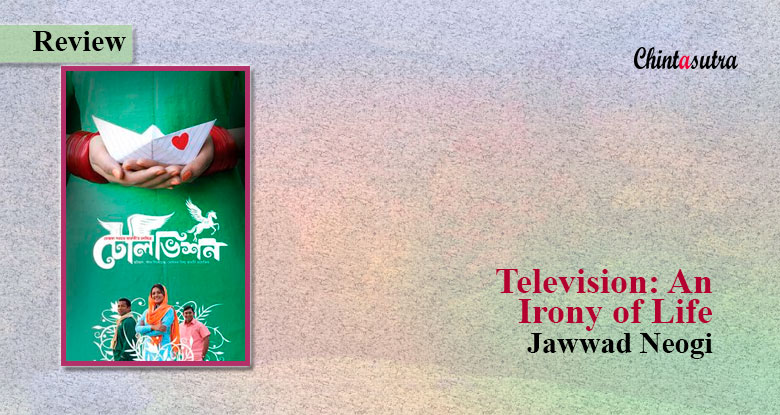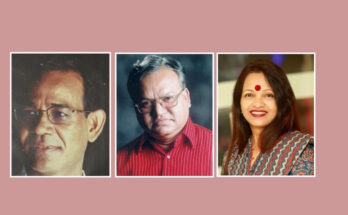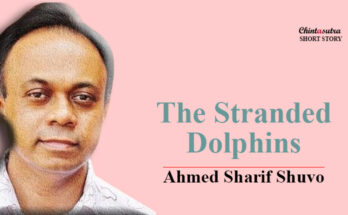Television is a 2012 drama film directed by Mostofa Sawar Farooki. Kazi Shahir Huda Rumi, Mosharraf Karim, Chanchal Chowdhury and Nusrat Imrose Tisha played the lead roles and they brought out the characters so perfectly that ‘Television’ is considered to be a film that has taken the Bangladeshi film to a whole new level. The brilliant concept of this film adds to the success journey of the film.
Television—the film starts with the character ‘Chairman Amin’, who didn’t look at the camera when the photographer asked him to do so. This was the result of religious extremism of Chairman Amin who is a devout Muslim. He then looked at the camera with a great depression and the photographer started to click on the press button. Chairman Amin was basically a fanatic Muslim who never allowed any kind of pictures in his village, in Noakhali. Pictures are forbidden in Islam and he always tried to maintain all of the rules and regulations of Islam. He also banned every kind of technology possible in his village, along with mobile phones.
When a Hindu teacher brought a television in his house, students from the whole village started to go to his house for tuition, in other words, to watch television. The chairman heard this, went to the teacher’s house and broke the television. He found his daughter, Kohinoor there. He punished her in front of a few villagers which was totally humiliating for her. The incident also showed the strictness of the Chairman who didn’t even leave his own daughter. Kohinoor started to hold grudges against her father.
It is a film that explores religious orthodoxy confronted with modern technology and the mirror to the extremism and fanaticism in the rural society.
A triangle love among Mojnu, Kohinoor and Solaiman plays an important role for the story build-up. Solaiman buys Kohinoor a mobile phone so that he can communicate with her. Mojnu loves Kohinoor on the other side and he works for Solaiman which makes the relations among these three characters into complications.
At the end of the film, we can see, Chairman Amin applying for Hajj in a company which turned out to be a fraud company taking all of his money. He stayed at night in a cheap hotel, cried to God and after some time he found a television where the Hajj was telecasting live. He turned on the television and cried for Allah. He found the transcendental state where he was connected with God with the modern technology.
The movie gifts an excellent cinematography to the audience. Almost every scene took place in a village and the scenes easily give the audience a rural vibe and experience their lifestyle. The camera works, direction, camera angles, everything was pretty amazing.
Acting of every single character was mind blowing. Shahir Kazi Huda, who played the character of ‘Chairman Amin’, brought out the possessiveness of a fundamentalist Muslim chairman perfectly. The performance of other characters like ‘Mosharraf Karim’ as Mojnu, ‘Tisha’ as Kohinoor, ‘Chanchal Chowdhury’ as Solaiman could do the justice to the characters and impressed the audience.
The film was a hit in Bangladesh. It gained generally positive criticisms worldwide. This film also received the Asian Project Market 2010 of the ‘Busan Festival’ and many national and international rewards.
The film is based on changing social values and adoption of technology, but it is a film that carries ‘Irony of Fate’. Starting from forbidding technologies, the film ended up with Amin reuniting with God with the help of technologies. It is a film that explores religious orthodoxy confronted with modern technology and the mirror to the extremism and fanaticism in the rural society.
Comments
0 comments




